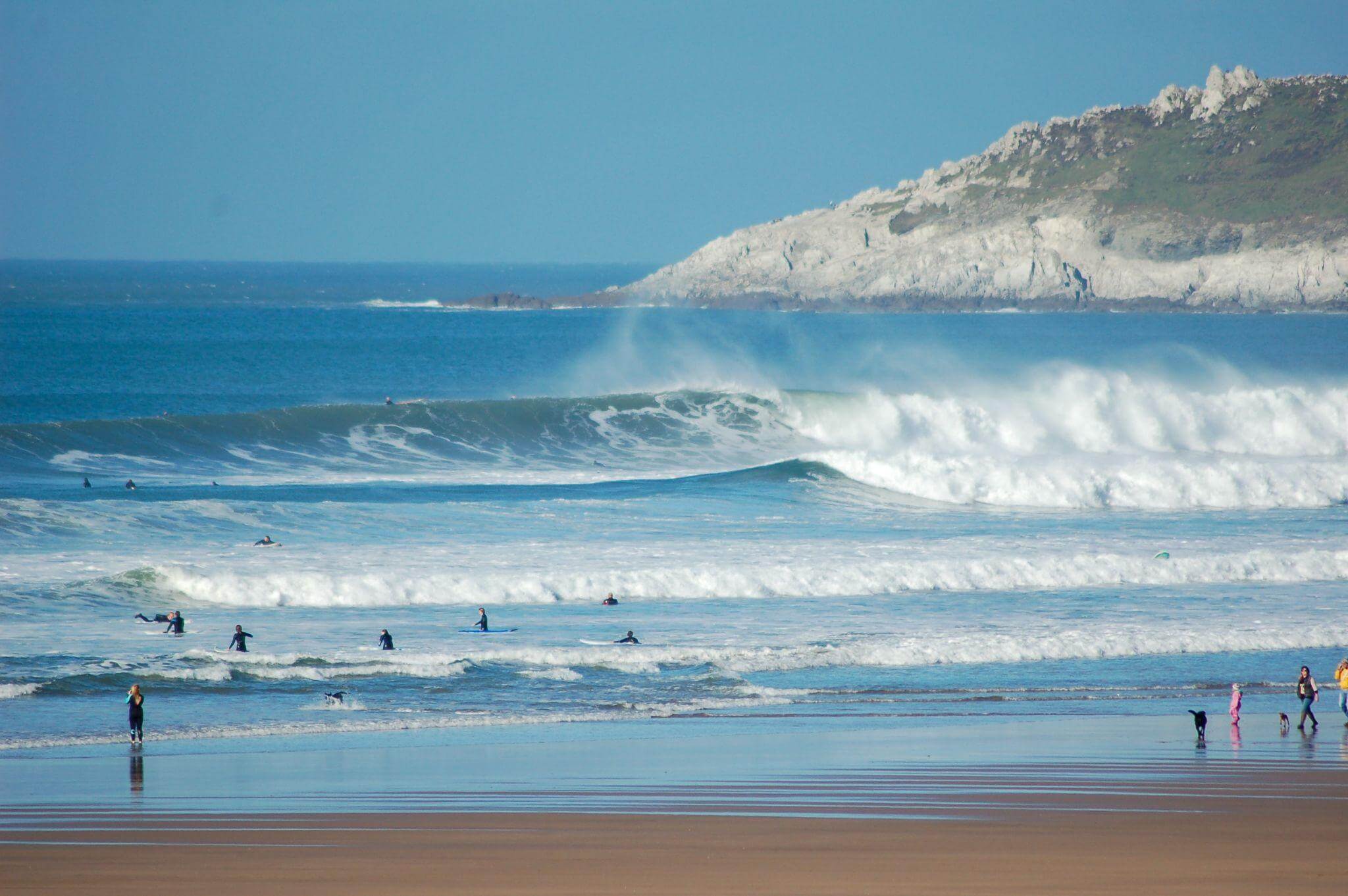When it comes to experiencing the beauty of the great outdoors, few places in the United Kingdom can rival Devon. The southwestern county is a haven for nature lovers and outdoor enthusiasts, offering a wide range of camping opportunities. While traditional campsites are abundant around the county, there’s another way to truly connect with nature – wild camping.
What is Wild Camping?
Wild camping, also known as free camping or wild tenting, involves setting up your tent in a natural environment away from designated campsites. You are literally setting up in a wild spot, free from other campers.
Free camping is one of the best ways to immerse yourself in Devon’s natural beauty. The county, which is one of the UK’s largest, features a rugged coastline and lush green countryside. Before embarking on a wild camping trip to Devon, it is essential to follow some guidelines to ensure you are camping responsibly and respecting the local environment.
Where to Wild Camp in Devon
- Dartmoor National Park: Dartmoor is a wild camper’s dream. With vast moorlands, tors, and winding rivers, it offers countless spots to pitch your tent. Make sure to follow the Dartmoor National Park Authority’s guidelines on wild camping to preserve this unique landscape.
- Exmoor National Park: Another gem for wild camping enthusiasts, Exmoor boasts dark skies perfect for stargazing and beautiful coastal views. Obtain the necessary permits and follow the “leave no trace” principles when camping here.
- South Devon Coastal Path: There are a number of wild camping possibilities along the South Devon Coastal Path. The is a “leave no trace behind” mantra for campers, so be sure to pick up after yourself.
A Day Out at Woolacombe Beach
While exploring the great outdoors around Devon, one of the most popular places to visit is Woolacombe Beach. According to holiday travel portal, Holidu, Woolacombe Beach was ranked No. 4 on its study of The UK’s Best Beaches in 2023, According to Social Media. As the name suggests, the study reveals the best beaches the UK has to offer.
Woolacombe Beach had 27,567 Instagram Hashtags & 555,000 TikTok views, making it one of the UK’s best beaches. Why was it ranked so highly? Woolacombe Beach is a stunning seaside resort featuring golden sands.
Visitors can surf the waves, explore the coastal trails, and enjoy the Devon cuisine. The three-mile long beach is perfect for wild campers looking for a day in the sun and a chance to catch some waves. Wild camping may not be allowed near the beach, but you could find some spots nearby.
Essential Tips for Wild Camping in Devon
- Leave No Trace: Always clean up after yourself. Pack out everything you bring in, including trash. Leave the natural environment exactly as you found it.
- Respect Wildlife: Devon is home to a variety of animals. There is a tendency from some campers to approach the wildlife to feed or pet it. Unfortunately, campers should stay away from the wildlife and only admire it from afar. In addition, campers should keep food stored in a warm, dry place to prevent animals from encroaching on camp at night.
- Campfires: Many areas in Devon have fire restrictions due to the risk of wildfires. Check local regulations before lighting a campfire to see if a campfire is allowed.
- Safety: Campers should always let family and/or friends know about their plans. The plans should include a day of arrival and estimated time for returning home. Safety equipment should be carried in case of an emergency situation.
Choosing the Right Gear
When wild camping in Devon, it’s essential to have the right gear. Campers should have a durable tent that is weather-resistant to keep the rain out. Warm, dry sleeping bags are also needed. Due to the unpredictable nature of Britain’s weather, campers should have suitable clothing.
It makes sense to have multiple items of clothing in case you get wet. In addition to the previously mentioned items, campers should have a camping stove, water purification tools, and a compass to navigate.
Wild camping in Devon could be a life-changing experience. There are a variety of places to free camp in the county, giving you the chance to go off the beaten path in one of the UK’s most visited travel destinations.

